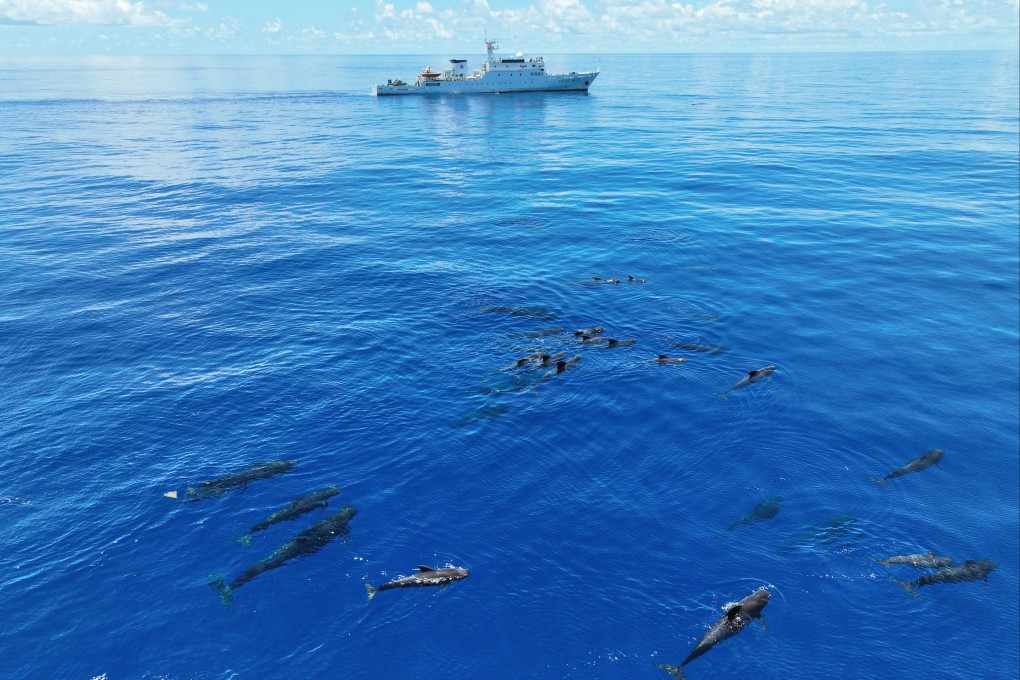Opinion | China’s marine conservation efforts prioritise symbolism over substance
Beijing’s maritime policy underscores the global tension between environmental goals and the pursuit of natural resources

Their behaviour also underscores how nationalism is being asserted in resource-rich regions like the Southern Ocean, where fishing rights, mineral reserves and territorial claims hold high value. It could also embolden other nations, like India and Saudi Arabia, to join the scramble for rich resources and defy the charter of the Antarctic Treaty which sought to create a zone for peace and scientific exploration.
The South China Sea hosts some of the world’s richest marine biodiversity, including essential coral reefs and fisheries that support millions across Southeast Asia. The Spratly Islands in the South China Sea remain disputed territory subject to claims by China, Vietnam, the Philippines and others. China and Vietnam also have competing claims related to the Paracel Islands.
Beijing’s approach to the South China Sea reflects a paradox: while it actively exploits the area’s resources – through activities like large-scale fishing, oil exploration and island-building that disrupt local ecosystems – it has simultaneously promoted marine conservation efforts, such as establishing protected areas and regulating certain types of fishing, to project a commitment to sustainability.
This dual strategy often raises questions about whether conservation policies are genuine environmental efforts or initiatives that primarily serve Beijing’s political and economic interests in asserting control over the region.
